Explore five types of adverbs in this action-packed adverb adventure teaching slide deck! This resource covers adverbs of time, place, manner, frequency and degree.
Types of Adverbs in Action!
If you’re embarking on a lesson (or unit!) on grammar (and particularly parts of speech) then this 15-slide presentation all about adverbs will be a must-have! We as teachers know that adverbs are words that provide information about verbs, adjectives, other adverbs, or even entire sentences. They play a crucial role in conveying various nuances and details in language, which is why understanding the different types of adverbs is essential for young learners.
As your students develop their writing skills across text types (including persuasive and narrative writing), an ability to effectively use adverbs to create interesting texts will help them to achieve greater effect from their writing into the future.
This engaging slide deck revises what adverbs are (and how we use them in our writing!), and explores the various types of adverbs, including:
- adverbs of time
- adverbs of place
- adverbs of degree
- adverbs of frequency, and
- adverbs of manner.
How to Use this Types of Adverbs Resource in Your Classroom
To save this resource, choose between the PowerPoint or Google Slides versions of Types of Adverbs by using the dropdown icon on the Download button.
Open this resource in Presenter mode and work through the slides at a pace which suits your learners. Friendly teacher character Azima will guide students through level-appropriate explanations of adverbs concepts and incrementally prompt a check-for-understanding task to ensure your learners are ready to progress to the following slides.
This presentation can be utilised as a daily warm-up activity/refresher course on adverbs to commence your literacy or writing lessons, until students grasp the concept.
On the Hunt for More Adverbs Activities? We’ve Got You Covered!
[resource:4874028] [resource:4825622] [resource:4825984]
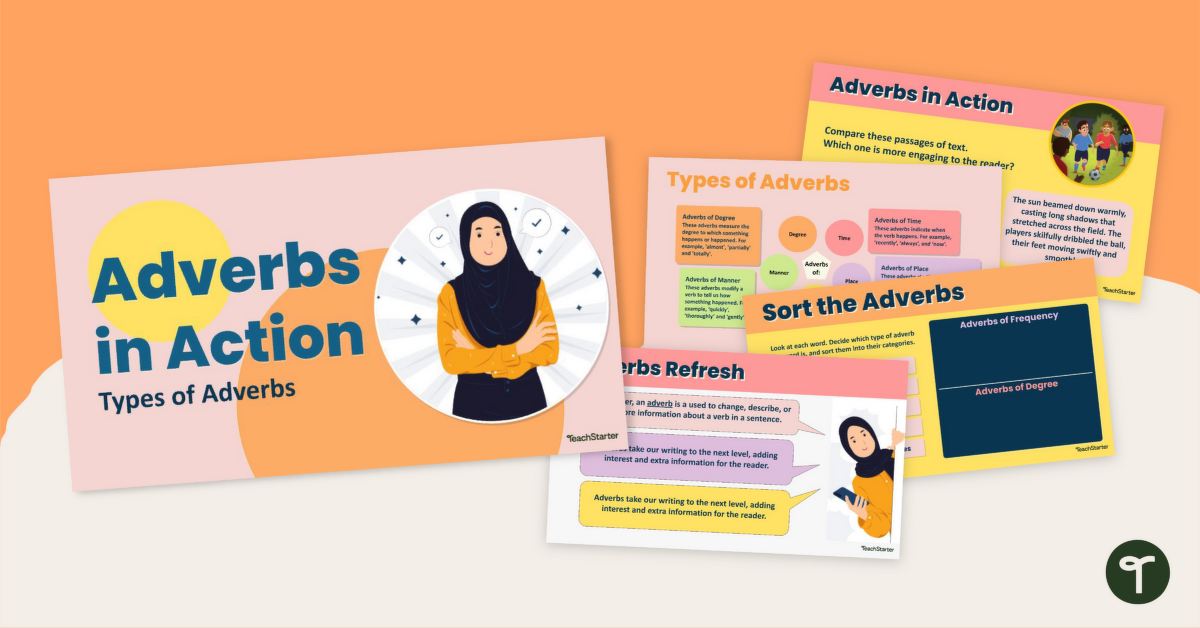

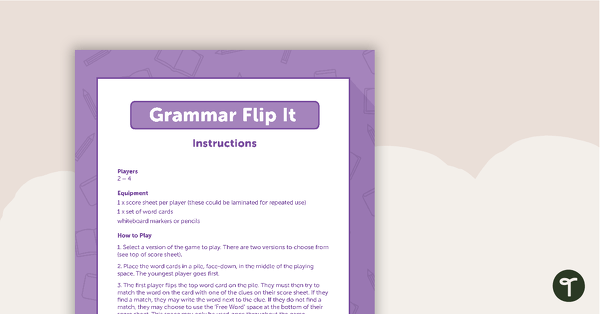
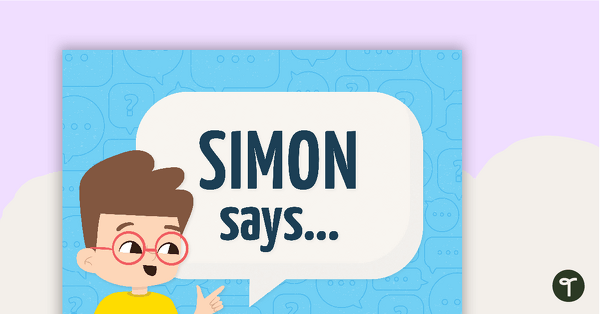
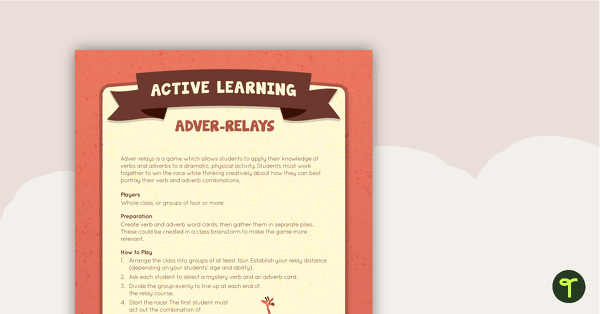
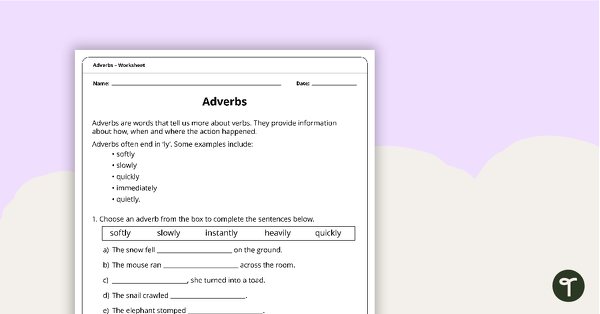
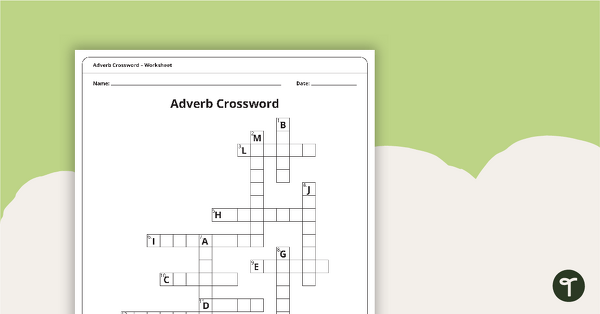
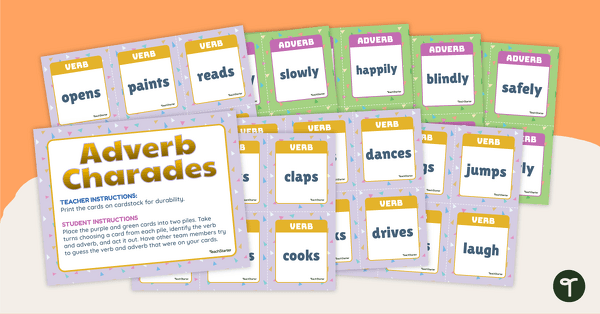
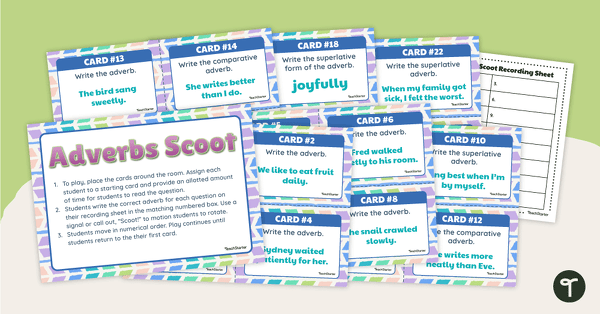
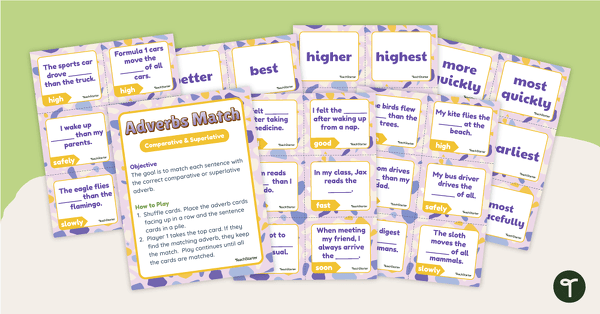
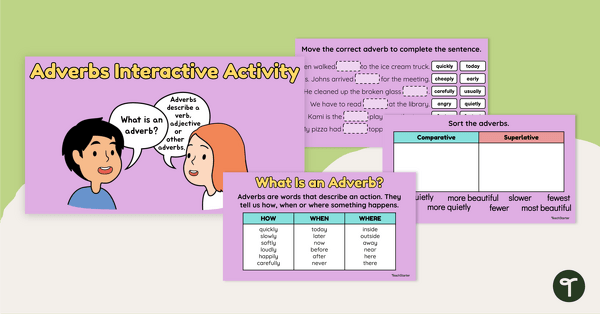
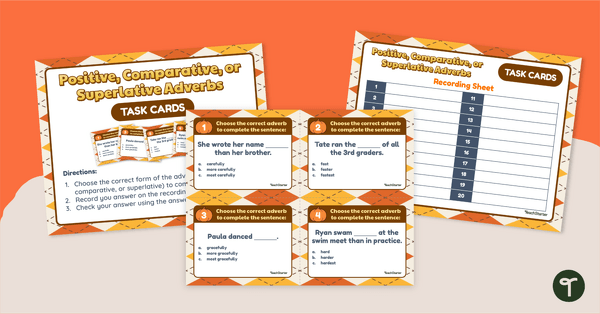
0 Comments
Write a review to help other teachers and parents like yourself. If you'd like to request a change to this resource, or report an error, select the corresponding tab above.